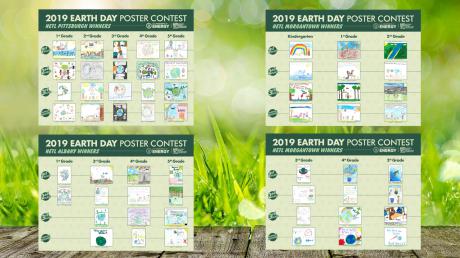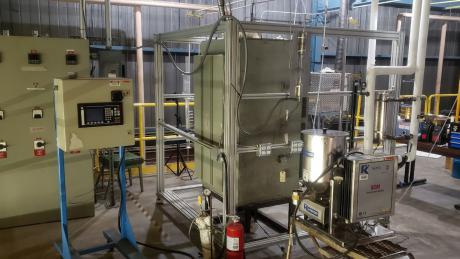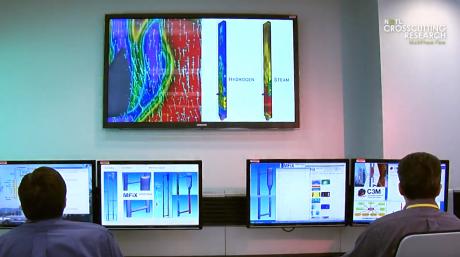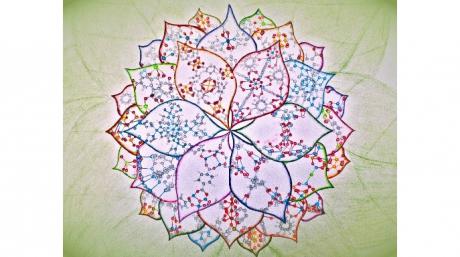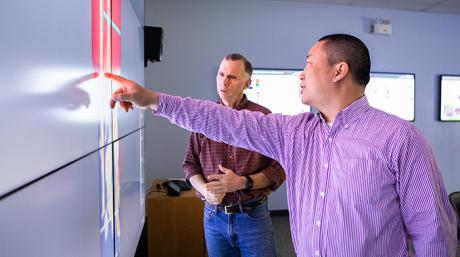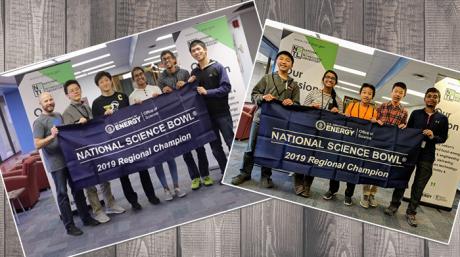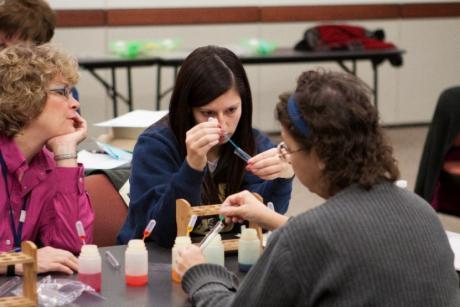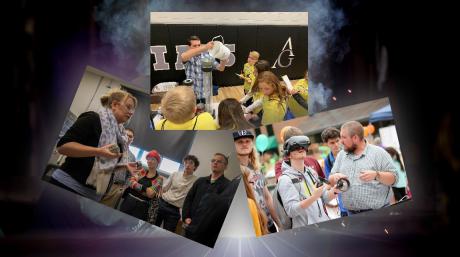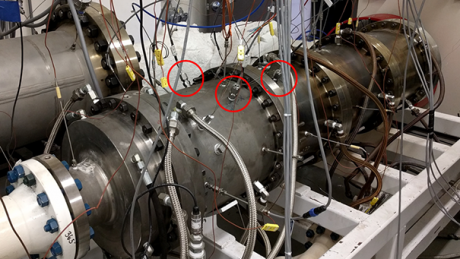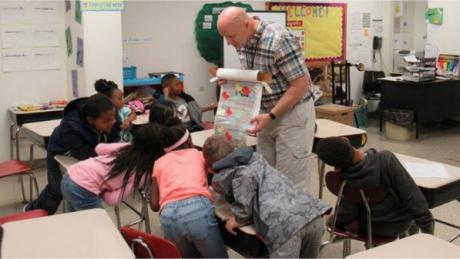At NETL, maintaining responsible stewardship of the environment is crucial to the Lab’s mission of finding innovative solutions to America’s energy problems. Earth Day, celebrated since 1970, aligns closely with NETL’s vision while emphasizing the importance of recycling, conserving energy and improving air quality.
Every year, NETL hosts an annual poster contest encouraging elementary school students at schools near NETL’s sites in Albany, Oregon; Morgantown, West Virginia; and Pittsburgh, Pennsylvania, to showcase their favorite ways to protect the environment. This year, students were asked to design their posters around the theme, “Protect our Earth’s Plants, Care for its Creatures,” in recognition of this planet-centric day.
We have shared the first-, second- and third-place winning entries, as well as honorable mentions, at each grade level here. The top entries are also displayed at U.S. Department of Energy headquarters in Washington, D.C., and all NETL sites through May 10, 2019.
About
News and Events
Research and Programs
Carbon Management Point Source Carbon Capture Carbon Dioxide Removal Carbon Dioxide Conversion Carbon Transport & Storage Hydrogen with Carbon Management
Resource Sustainability Methane Mitigation Technologies Minerals Sustainability Natural Gas Decarbonization and Hydrogen Technologies Advanced Remediation Technologies Energy Asset Transformation
Key Lab Initiatives Advanced Alloys Signature Center (AASC) Science-based Artificial Intelligence and Machine Learning Institute (SAMI) Center for Microwave Chemistry (CMC) Center for Sustainable Fuels and Chemicals (CSFC)
Energy Technology Development Office of Energy Efficiency and Renewable Energy Battery Workforce Initiative Cybersecurity, Energy Security, and Emergency Response Office of ElectricityGrid Resilience
Business
Library
Explore our Library

Approved Categorical Exclusions Environmental Assessments Environmental Impact Statements Oil and Gas Projects Summaries NETL Fact Sheets NETL Newsletters Publication Search Energy Data Exchange (EDX) FECM External R&D Final Technical Reports Summary Information for External R&D Awards Technical Reports Series (TRS) Peer Review Reports Interagency Working Group Initial Report
- Research and Programs
- Carbon Management
- Core Competencies
- Resource Sustainability
- University Training & Research
- Key Lab Initiatives
- Energy Technology Development
- Featured Infrastructure
- Methane Emissions Reduction Program
-
- Business
- Technology Transfer
-
- Library
- Energy Analysis
-
- About
- News and Events
- Education




